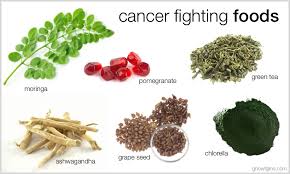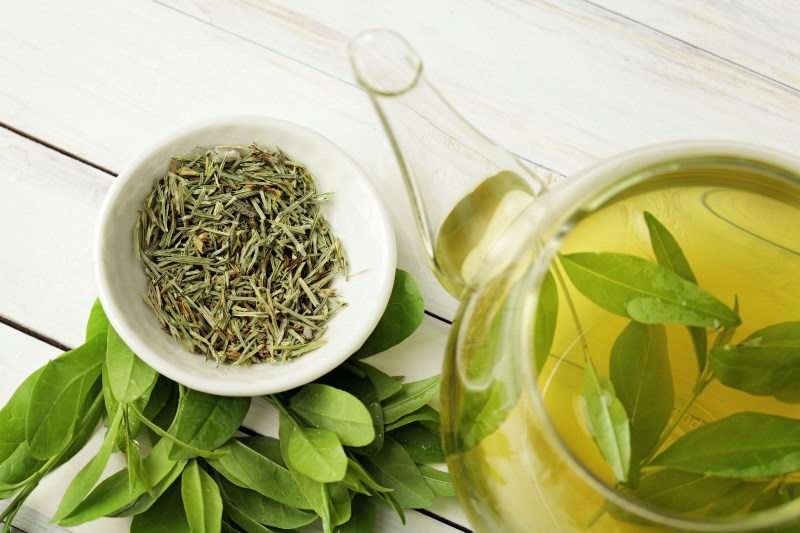- You are here:
- Home »
- Blog »
- Healthy Living Products »
- Breast Cancer Diet- Foods that Kill Breast Cancer
Breast Cancer Diet- Foods that Kill Breast Cancer

“but a new study looked at how two specific compounds found in food could treat women who have the most fatal type of breast cancer”
Let me begin by stating that I am not talking about silver bullet cures for breast cancer. My experience as a long-term survivor of an “incurable” cancer is that cancer patients and survivors must practice a spectrum of therapies from conventional (FDA approved) to evidence-based nutrition, supplementation, lifestyle, etc. therapies in order to manage their cancer for their lifetime as well as minimize or prevent as much toxicity as humanly possible.
The articles/studies linked and excerpted below are an excellent example of what I am talking about. Cancer patients in general and breast cancer patients specifically can weaken their breast cancer by consuming cruciferous vegetables and drinking green tea.
The real life aspect of this therapy is that you or I might not eat broccoli or drink green tea today. In order to cover my bases I supplement with a cruciferous veggie whole food supplement and green tea extract in capsule form. This capsule is equivalent to drinking ten cups of green tea.
I supplement with Standard Process Cruciferous Complete and Life Extension Mega Green Tea Extract.
Have you been diagnosed with breast cancer? To learn more about evidence-based, non-toxic therapies please scroll down the page, post a question or comment and I will reply to you ASAP.
Thank you,
David Emerson
- Cancer Survivor
- Cancer Coach
- Director PeopleBeatingCancer
BREAST CANCER DIET: BROCCOLI AND GREEN TEA COULD MAKE DEADLY TUMORS TREATABLE
“In this wellness era brimming with kale smoothies, you don’t need a study to tell you why it’s a good idea to eat vegetables. Plant-based diets are attributed to better heart health, lower blood pressure, and now, making deadly breast cancer tumors treatable.
Plenty of studies have linked fruits and vegetables to a lower incidence of cancer, but a new study looked at how two specific compounds found in food could treat women who have the most fatal type of breast cancer…”
Combinatorial bioactive botanicals re-sensitize tamoxifen treatment in ER-negative breast cancer via epigenetic reactivation of ERα expression
“Our results showed that this combinatorial treatment re-sensitized ERα-dependent cellular inhibitory responses to an estrogen antagonist, tamoxifen (TAM), via at least in part, epigenetic reactivation of ERα expression in ERα-negative breast cancer cells…
Our studies indicate that combinatorial bioactive botanicals from GTPs and BSp are highly effective in inhibiting ERα-negative breast cancer due at least in part to epigenetic reactivation of ERα, which in turn increases TAM-dependent anti-estrogen chemosensitivity in vitro and in vivo…”
Natural Polyphenols for Prevention and Treatment of Cancer
“There is much epidemiological evidence that a diet rich in fruits and vegetables could lower the risk of certain cancers. The effect has been attributed, in part, to natural polyphenols. Besides, numerous studies have demonstrated that natural polyphenols could be used for the prevention and treatment of cancer. Potential mechanisms included antioxidant, anti-inflammation as well as the modulation of multiple molecular events involved in carcinogenesis. The current review summarized the anticancer efficacy of major polyphenol classes (flavonoids, phenolic acids, lignans and stilbenes) and discussed the potential mechanisms of action, which were based on epidemiological, in vitro, in vivo and clinical studies within the past five years…
Conclusions- The epidemiological studies about the relationship between dietary polyphenol consumption and cancer risks yielded different results…On the other hand, the vast majority of laboratory studies supported anticancer activities of natural polyphenols, such as anthocyanins, EGCG, resveratrol and curcumin…
The mechanisms of action mainly included modulation of molecular events and signaling pathways associated with cell survival, proliferation, differentiation, migration, angiogenesis, hormone activities, detoxification enzymes, immune responses, etc”


